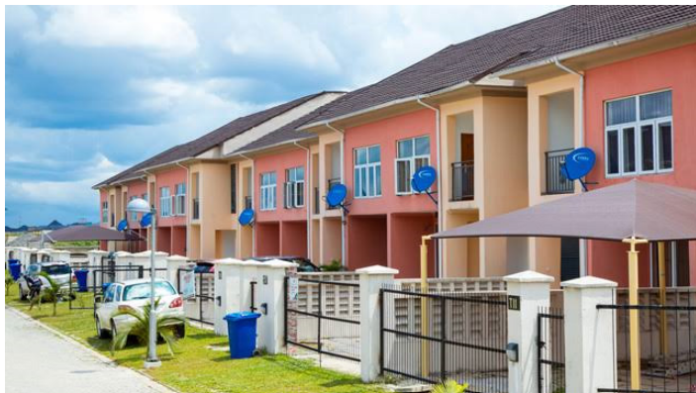Shelter, alongside food, water, and companionship, is one of humanity’s most fundamental needs. It offers protection from the elements and provides a safe place to live.
For instance, if one were to find themselves lost in the woods during a rainstorm, their first instinct would be to seek shelter, a safe place to stay. Shelter is not just a basic necessity; it is essential for survival, offering protection and safety in the face of extreme weather, harsh conditions, or potential dangers.
In Nigeria today, as in many parts of the world, the issue of rising rents has become a pressing concern. Many Nigerians find themselves unable to afford rent, leaving them without a roof over their heads.
The situation is distressing, frustrating, and rapidly worsening, with almost every family feeling the pinch. The problem is escalating, leaving many worried and helpless, while only a few can claim the privilege of being landlords.
In light of this growing crisis, a group of Nigerian tenants recently approached the Minister of the Federal Capital Territory, Nyesom Wike, to urge him to appeal to landlords to reduce rents. However, the minister, appearing powerless to act, explained that the government cannot force landlords to lower rents.
He emphasised that rent prices are market-driven, and no government has the authority to compel landlords to reduce or cap them. Wike remarked, “Landlords are not ‘Father Christmas’; they build houses to make a profit, not to incur losses.”
He further defended his stance, saying, “I don’t agree with people constantly complaining about rising rents, especially when everything in the country is becoming more expensive. Why should rent be singled out?”
Wike’s response did not sit well with the majority, who believe the government could take more proactive steps. One concerned citizen, Mr. Nduka Okoh, expressed his frustration, saying it was infuriating to claim the government couldn’t intervene.
He acknowledged that no government could build houses for everyone, but insisted that the authorities could create an enabling environment where people could access building materials at lower costs to construct their own homes.
Mr. Okoh criticised the fact that citizens are unable to afford basic building materials like cement and rods, even though these items are produced domestically. He laid the blame squarely on the government for this failure.
He also questioned the government’s role, asking, “If the government cannot protect its citizens in any way, what is its purpose?” Though he conceded that rent control hasn’t been entirely successful in most places, he argued that it could work if carefully planned and executed.
He explained that rent control laws aim to regulate the rental housing market by balancing the need to protect tenants from exorbitant rent increases while ensuring that landlords still receive fair returns on their investments.
In his view, if properly implemented, both tenants and landlords would benefit. He suggested that Nigerian authorities could adopt such ideas, expressing confidence that they could work.
A builder and another concerned Nigerian, Sunny Uti, echoed the sentiment that shelter is an undeniable human need. He was particularly critical of landlords who built their homes 20 or 30 years ago, when construction costs were much lower, yet use the current high price of cement as an excuse to raise rents. He urged Nigerians to be more patriotic and considerate in this regard.
Uti argued that the relentless pursuit of profit is detrimental to everyone, as the impact of high rents trickles down to all sectors of the market. He also noted that rent control may not be effective in Nigeria, where housing delivery is primarily handled by the private sector.
However, he did suggest a potential solution, proposing that rent control laws could limit the percentage by which landlords can increase rents within a specified period, typically a year. The allowable increases, he said, could vary by state, and landlords would need to adhere to these limits to avoid legal consequences.
Undoubtedly, the issue of housing and rising rents is becoming increasingly problematic in Nigeria, largely due to poor planning by both the government and its citizens. Until the government takes a more sincere and dedicated approach to addressing this critical sector, improvements seem unlikely. One thing is certain: people cannot live in the air. Shelter is a necessity, and urgent action is required to address the growing housing crisis.


